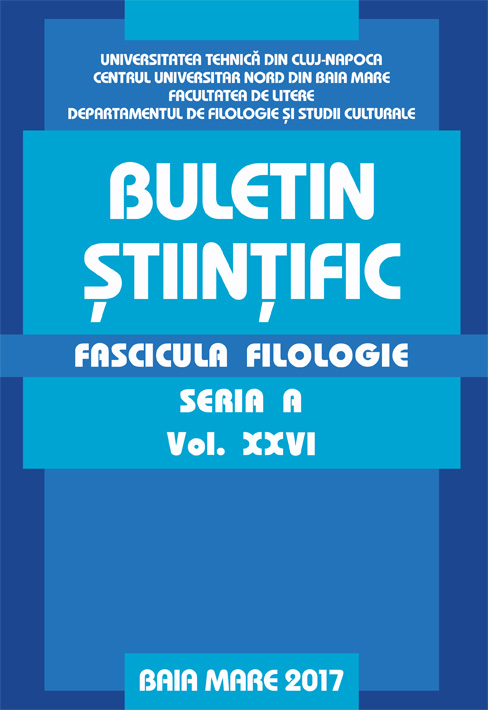Regionalität als Universalität und Plattdeutsch als Devisenmarke fürs Überleben in Günter Grass’ Roman ,,Die Blechtrommel”
Regionality as Universality and Plattdeutsch as a Trademark for Survival in Günter Grass' Novel "The Tin Drum"
Author(s): Iulia LucaSubject(s): Language and Literature Studies
Published by: Editura U. T. Press
Keywords: regional; universal; sub-consciousness; death; atonement;
Summary/Abstract: The novel “The Brass Drum” develops a certain power of message and situates itself among the best written novels of the last century. It is a piece of recollected time history and reflects with absolute precision the course of the misgivings during Nazism. The hero of the unmediated storyline sees himself as the prisoner of a madhouse and ascertains to contemplate things differently at a distance and not to be “above things”. He tries with all his powers to fight against his reputation and fame, thing that succeeds as he drops out unharmed of the life threatening situation. Certain feelings of rupture and frailness develop as he imagines certain pictures and blurred associations of perceptions. He comes to terms with the situation that as a grown-up he has his life finally mastered and becomes naturally a survivor. A high-ranking originality and an exaggerated style are the features that make the novel to what it is. The one that is not yet ready to grow, finally succeeds to grasp the world of the grown-ups, presents himself as unreliable, mentally incompetent and has the courage to recognize a certain guilt for the death of his family, but represents thus the collective blame and regards himself as an outsider.
Journal: Buletin Stiintific, seria A, Fascicula Filologie
- Issue Year: XXVI/2017
- Issue No: 1
- Page Range: 149-157
- Page Count: 9
- Language: German

